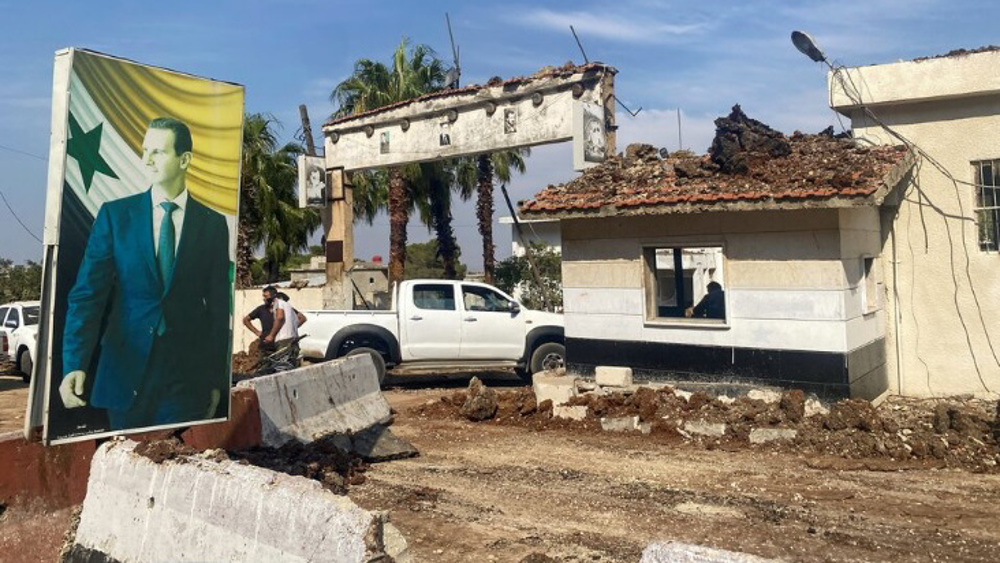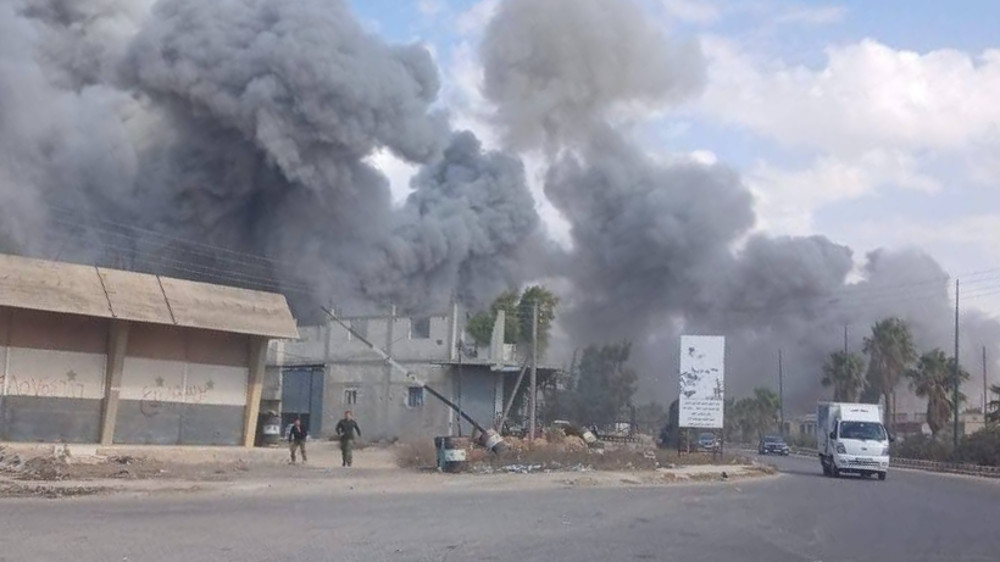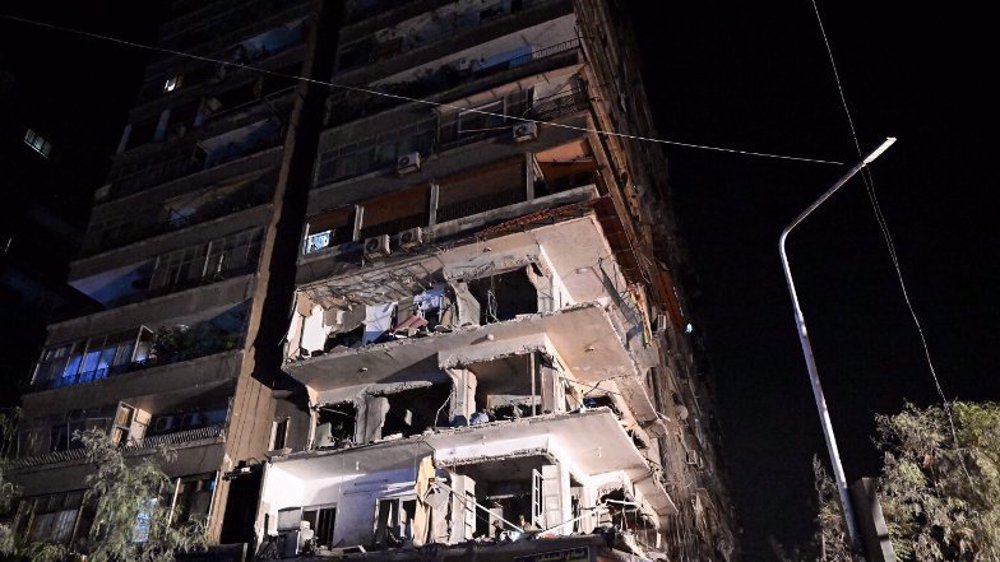Erdogan suggests ‘new city’ in Syria to house refugees
Turkish President Recep Tayyip Erdogan has suggested building a ‘new city’ on the Syrian soil to provide shelter to millions of the Arab country’s nationals fleeing the violence in their homeland.
In a late Friday speech, Erdogan said he had discussed with US President Barack Obama the idea of constructing a 4,500-square-kilometer city in northern Syria near the Turkish border, the Turkish Anadolu news agency reported.
“I am going to tell you something. What is the formula? We found a city in the north of Syria,” the Turkish leader said, adding that Ankara and Washington had “even set the coordinates, but it has not yet come to fruition.”
The comments come as Ankara has been unsuccessfully pushing for the creation of a buffer zone or no-fly zone inside Syria that stretches 110 kilometers (68 miles) long and 28 kilometers (17 miles) wide between the southern Turkish towns of Karkamis and Oncupinar.
Earlier in the month, Russian Foreign Minister Sergei Lavrov said the buffer zone is planned to cover a border area between two Kurdish enclaves, “a combination of whose strength Turkey deems absolutely unacceptable for itself at least because that will block Turkey’s ability to provide supplies to militants in Syria and to receive contraband from them.”
Ankara later demanded the creation of a “secure strip” inside Syrian territory.
The border areas near Turkey have seen activity by Kurdish fighters, known as the Kurdish People’s Protection Units (YPG) and its affiliate Democratic Union Party (PYD).
The Turkish government regards the YPG and YPD as allies of the Kurdistan Workers’ Party (PKK), which has been fighting for an autonomous Kurdish region inside Turkey since the 1980s.
Ankara is also under pressure from the European Union to cut the refugee influx reaching the continent from Turkey. The bloc has already offered Ankara three billion euros ($3.3 billion) so it can improve asylum seekers’ living conditions.

It has also pledged to resume talks on the country’s potential EU membership and accelerate visa-free travel across the bloc for Turkish nationals.
The developments come after a ceasefire agreement, brokered by Russia and the United States, entered into force in Syria on February 27.
If the ceasefire continues to hold, it could reduce the refugee influx into Turkey and revive broken peace talks on resolution of the country’s five-year-long crisis.
The latest round of such negotiations came to a halt in Geneva on February 3 after the Saudi-backed Syrian opposition High Negotiations Committee (HNC) refused to attend a meeting with the UN Syria envoy Staffan de Mistura.
Latest ballots polls show Harris, Trump tied as voting continues
UNRWA warns of humanitarian collapse in Gaza
'Hello my enemies': Lebanese journalist on Israeli threats and his resolve to continue
Outrage in France as MP proposes bill to ban criticism of Israel
VIDEO | The strategy of Hezbollah in war
Israeli military withdraws several brigades from southern Lebanon: Report
48-year-old Palestinian man serving 48 life terms completes 22 years in Israeli jails
From MKO to Tondar, how Germany became safe haven for anti-Iran terror groups















 This makes it easy to access the Press TV website
This makes it easy to access the Press TV website